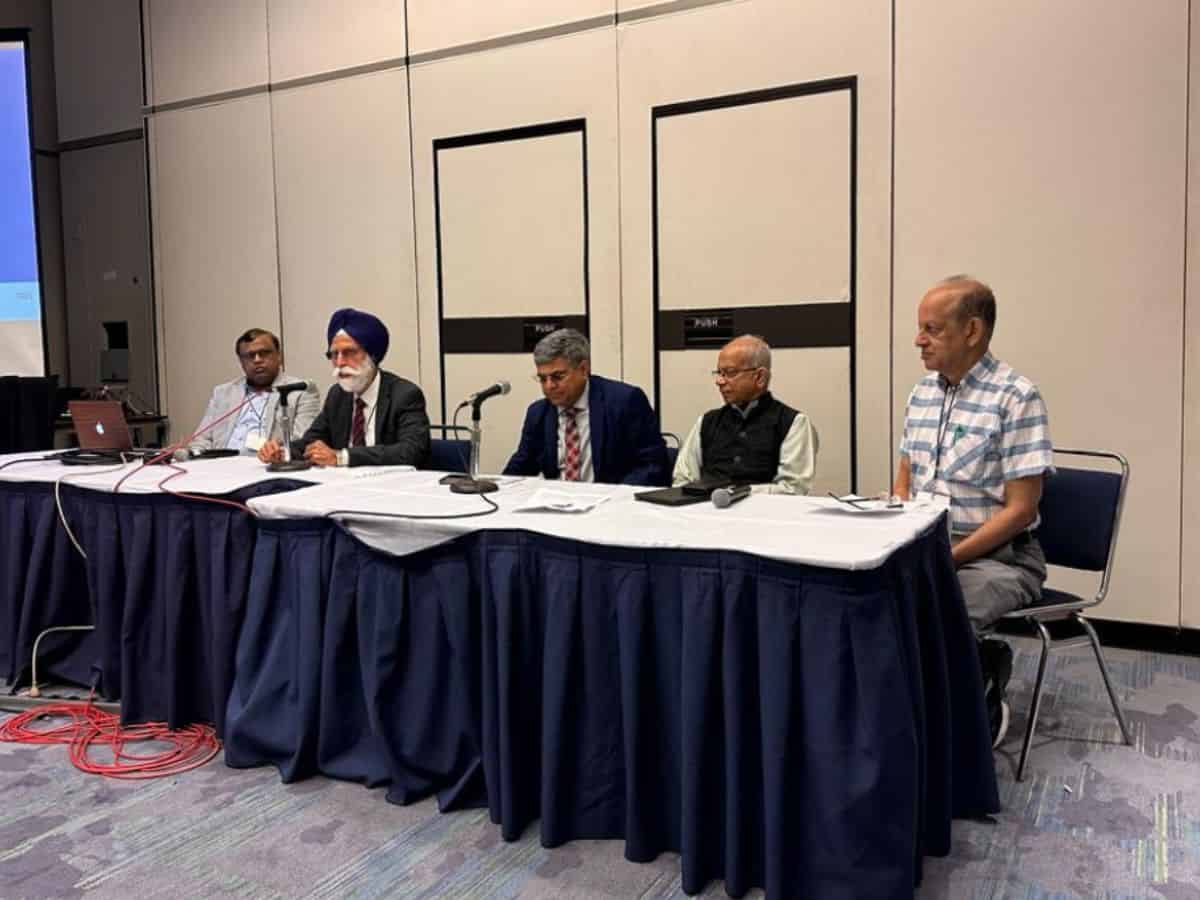
Illinois: The Indian American Muslim Council (IAMC) brought together an interfaith group of civil society leaders, activists, and writers at a panel hosted during the Parliament of the World’s Religions in Chicago to discuss the “growing threat to Indian pluralism under the Hindu supremacist regime of Prime Minister Narendra Modi.”
The panel members expressed concern over Bharatiya Janata Party (BJP) promoting a right-wing Hindu supremacist ideology. “It creates a national environment in which religious minorities, including Muslims, are increasingly under threat of deadly violence and everyday discrimination,” read a statement.
“Hindutva ideology conflates Hinduism with nationalism and promotes intolerance against religious minorities,” said Javeed Akhter, a Chicago-based physician. “In India, lynching has become a public spectacle. The law is a passive observer, occasionally an active participant.”
“It’s much worse than many other countries. In India, it’s not just one or two or three leaders, it’s not just a small movement, it’s a very organised, 100-year-old movement with millions of dollars,” said Ajit Sahi, Advocacy Director of IAMC. “It’s bad news for India’s constitutional democracy.”
The Indian constitution identifies religious, ethnic, and linguistic pluralism as crucial aspects of the nation’s identity, since different peoples and cultures have been living together within the country. But Hindu nationalism, whose early leaders drew inspiration from Nazis and fascists, calls instead for India to be primarily Hindu, with adherents of other religions relegated to second-class status.
“There is a worry that once we try to assimilate and have something uniform, we destroy something that is sacred — something which characterises the ethos, the culture of the people of India in such a powerful way,” said Father Cedric Prakash, a Jesuit priest and distinguished human rights activist. “But there is now a desire to create a monoculture and caste hierarchy that’s very strong.”
“This Hindu nationalist government asking us to trust the idea that we all have to be culturally, religiously and uniformly one is a disaster,” said John Prabhudoss, chairman of the Federation of Indian American Christian Organizations (FIACONA).
“The Hindu religion is great. But Hindu nationalism — ‘Hindu Rashtra,’ where Muslims and other minorities are not safe — is a black mark on India’s status as the world’s largest democracy, and its pluralism,” said Rajinder Singh Mago, the executive secretary of the Asian American Coalition of Chicago (AACC). “The genius of the Indian civilization during its best periods has been inclusion and not exclusion.”
